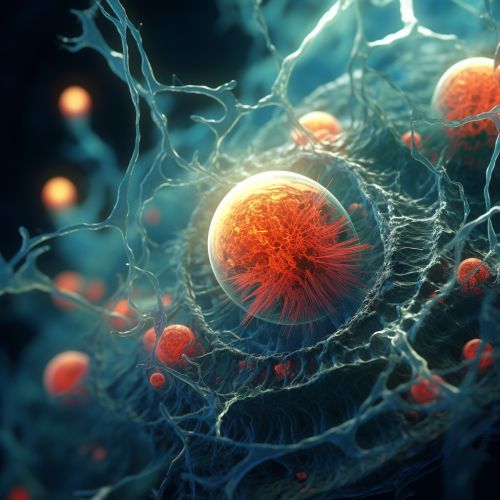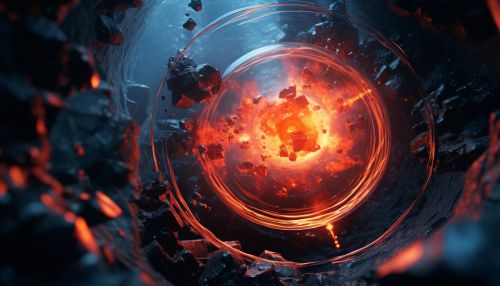Biogerontology
Introduction
Biogerontology is a sub-discipline of gerontology that focuses on the biological aspects of aging. It delves into the molecular, cellular, and genetic mechanisms that contribute to the aging process. The field aims to understand the biological phenomena that lead to aging and age-related diseases, with the ultimate goal of developing interventions that can extend healthy human lifespan.
History
The term "biogerontology" was coined in the late 20th century, but the scientific study of aging dates back to the ancient Greeks. However, it was not until the 19th and 20th centuries that significant strides were made in the field. The advent of modern scientific techniques and technologies has allowed for a more detailed exploration of the biological processes involved in aging.
Theories of Aging
There are several theories that attempt to explain the biological mechanisms behind aging. These include the free radical theory, the telomere shortening hypothesis, and the mitochondrial theory, among others. Each theory provides a unique perspective on the complex process of aging, and together they form a comprehensive framework for understanding the biology of aging.
Biological Mechanisms of Aging
Aging is a complex process that involves various biological mechanisms. These include cellular senescence, telomere shortening, oxidative stress, and mitochondrial dysfunction. Understanding these mechanisms is crucial for the development of interventions that can slow down or even reverse the aging process.


Cellular Senescence
Cellular senescence is a state of permanent cell cycle arrest that is thought to contribute to aging and age-related diseases. Senescent cells accumulate with age and can secrete harmful substances that damage surrounding tissues.
Telomere Shortening
Telomeres are the protective caps at the ends of chromosomes. Each time a cell divides, its telomeres shorten. When telomeres become critically short, the cell enters a state of senescence or apoptosis.
Oxidative Stress
Oxidative stress is caused by an imbalance between the production of reactive oxygen species (ROS) and the body's ability to detoxify these harmful molecules. ROS can damage DNA, proteins, and lipids, leading to cellular dysfunction and aging.
Mitochondrial Dysfunction
Mitochondria are the powerhouses of the cell, producing the energy needed for cellular functions. With age, mitochondrial function declines, leading to reduced energy production and increased oxidative stress.
Biogerontological Research
Research in biogerontology is aimed at understanding the biological processes of aging and developing interventions to slow down or reverse these processes. This includes the study of model organisms, such as yeast, worms, flies, and mice, as well as human studies.
Future Directions
The field of biogerontology is rapidly advancing, with new discoveries and technologies paving the way for innovative approaches to extend healthy human lifespan. These include the development of senolytic drugs that can selectively kill senescent cells, and gene therapies that can repair or replace damaged genes.
